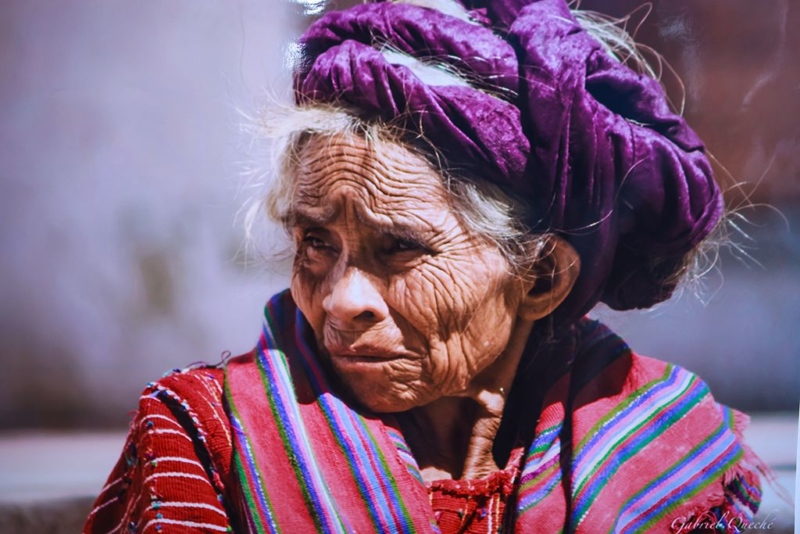As much as any country in Latin America, Bolivia faithfully took the medicine of modernity advocated by Washington. After a century of mostly authoritarian rule punctuated by military coups, Bolivia embraced democracy, holding periodic free elections since 1982. It unflinchingly applied market economics, privatizing its industries, liberalizing its trade and disciplining its fiscal management. It enthusiastically enlisted in Washington’s anti-drug war and was lauded by U.S. officials for eradicating most of its coca crop.
The lives of ordinary Bolivians, however, haven’t gotten much better. In the last five years, economic growth has stalled and unemployment risen. Twenty years of democratic rule haven’t rid the political system of corruption or ideological confrontation. The accumulating political and social tensions recently exploded into a full-scale popular assault on Bolivia’s genuinely democratic president, Gonzalo Sanchez de Lozada.
There is no single explanation for why things have gone wrong in Bolivia. But one factor stands out: the country’s stark social and economic inequalities. Such inequalities become especially flammable when they mirror racial and ethnic divisions. Bolivia’s president was forced to resign last month by a majority Indian population that lives mostly in misery, excluded from power, opportunity and anything close to a fair share of national wealth.
[...]




















